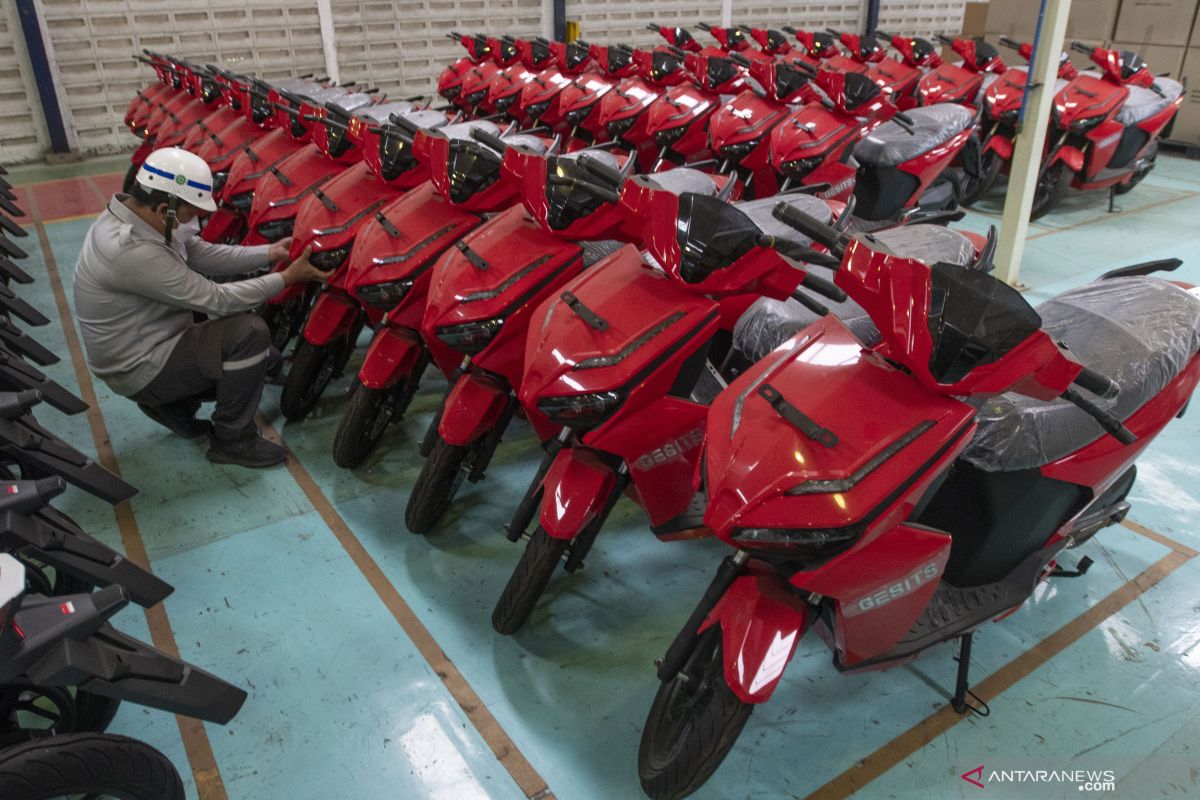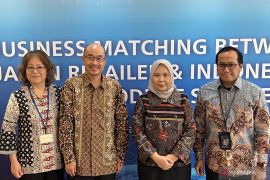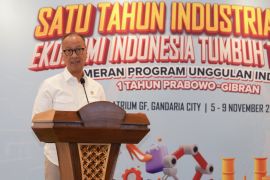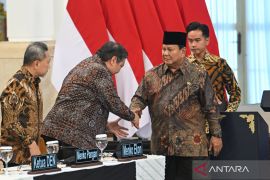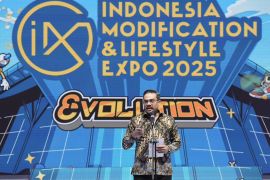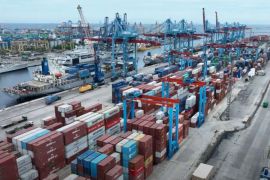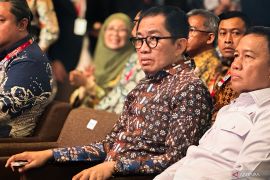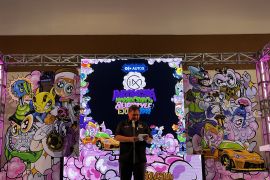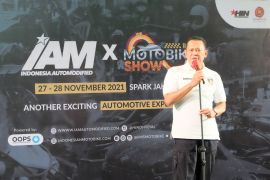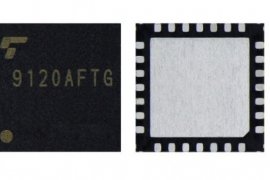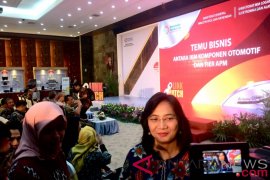We have already sent samples (products) there. Pray that we can enter the market in those nations in the futureJakarta (ANTARA) - Gesits, the electric motorcycle produced by PT WIKA Industri Manufaktur (WIMA), a subsidiary of construction firm PT Wijaya Karya, explores the automotive market in nations, such as Australia and the Philippines, to expand sales overseas.
"We have already sent samples (products) there. Pray that we can enter the market in those nations in the future," WIMA's Financial Director Irsal Shaleh Matondang noted in a written statement on Monday.
Gesits had, until now, already exported 38 electric motorcycles to Senegal. Moreover, WIMA had already received a request for 200 units from Senegal and 250 units from Nigeria.
Along with the rising demand from overseas, Gesits continues to develop the qualification of their electric motorcycles. Currently, Gesits is preparing several new product variants to draw the people's interest.
Moreover, Gesits also offers several advantages to consumers, such as battery, which utilizes the Battery Management System (BMS) technology.
This makes the battery relatively safe to charge at any time without harboring concerns about overcharging and short circuit.
Gesits also provides the Gesits Apps, an application that aims to analyze the vehicle's health, such as the battery status. This application can also be connected to the owner's device through Bluetooth.
In addition, Gesits continues to collaborate with stakeholders to create a good electric vehicle ecosystem, Matondang noted.
The presence of a good ecosystem, such as the availability of General Electric Vehicle Battery Exchange Station (SPBKLU), can increase the people's interest to use eco-friendly vehicles.
This is important, especially since WIMA has prepared after-sales services, such as accessory and vehicle repair, to provide the best service for the people.
Currently, the people's interest in two-wheeled electric vehicles has increased as is apparent from the trend of a switch from conventional to electric vehicles, he added.
However, he did not deny the fact that several people were still hesitant about using electric vehicles. One of the reasons for this reluctance is due to the supporting infrastructure that had yet to be equal.
"To this end, us, in WIMA, also continue to develop and contribute in building an electric vehicle ecosystem," Matondang remarked.
"Once the ecosystem is ready and is available in several regions, I feel that the people will be interested to switch to two-wheeled electric vehicles," he stated.
Translator: Fathur Rochman, Fadhli Ruhman
Editor: Fardah Assegaf
Copyright © ANTARA 2022
